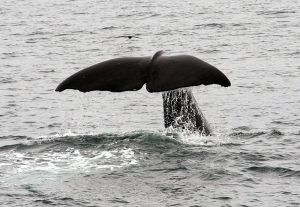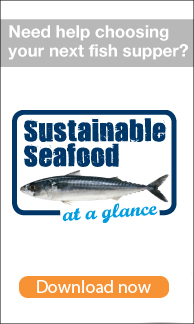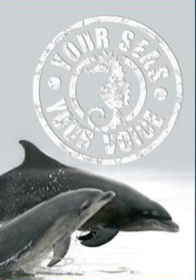Published on: July, 08 2011 by Philip Hoare, Guardian.co.uk – Are we in the west being hypocritical about Japan’s whaling?.
Next week’s open meeting of the International Whaling Commission (IWC) has a particular relevance, since it is to be held on British soil. In Jersey, delegates will debate what has become increasingly vitriolic in recent years. This year’s annual conference is sure to be contentious, after last year’s debacle over Japanese whaling and compromise put forward by the US and New Zealand, and which nearly ended in the collapse of the talks and threatened the future of the IWC itself.
 This year, things are even more extreme: the Japanese whaling fleet had to pull out of the 2011 season due to the direct action of Sea Shepherd in the Southern Ocean in February. New concerns over the cost of renewing Japan’s ageing fleet put the future of its operation in doubt. But that was before the earthquake and tsunami.
This year, things are even more extreme: the Japanese whaling fleet had to pull out of the 2011 season due to the direct action of Sea Shepherd in the Southern Ocean in February. New concerns over the cost of renewing Japan’s ageing fleet put the future of its operation in doubt. But that was before the earthquake and tsunami.
Now, everything is up in the air: will Japan demand international sympathy and support for its hated whaling industry, and even increased quotas? Or will it see the tsunami’s destruction of at least one of its coastal whaling centres as a way to bow out gracefully from an embarrassing international impasse? Even more controversial, it has been accused of using its overseas aid budget to “buy” the votes of non-whaling nations. With that budget drastically cut by the demands at home, will it be unable to influence this week’s meeting?
There are already rumours of a new deal being done between the US, New Zealand and Japan – to the fury of NGOs such as the Whale and Dolphin Conservation Society (whose 1.5 million-strong petition was influential in the failure of last year’s proposed compromise). Next week, protesters as disparate as Women for Whales and Surfers for Cetaceans promise a bumpy ride for any delegates arguing for the continuance of commercial whaling – not only from Japan, but Norway, Iceland, Denmark, the Faroe Islands, many aboriginal hunts and even new would-be whaling nations such as South Korea.
Meanwhile, the Japanese accuse the anti-whaling lobby of the US in particular of double standards, since they allow the Inuit to hunt bowhead whales in the Arctic – whales which may live to up to 200 years, and are a threatened species. The Japanese, the Norweigians and Icelanders all argue that they are hunting minke whales whose numbers are increasing. Indeed, the Japanese call these baleen whales “the cockroaches of the sea”. Misinformation and intrigue, as ever, surround our interpretation of cetaceans, and what they may, or may not, mean to us.
I’m writing from the Azores, having spent the week observing whales in their natural habitat. These deep waters are a sanctuary to cetaceans – up to 30 species, nearly one third of the known number of species – far from Japanese harpoons. Yet these, too, are under threat, more insidiously, from pollution and climate change; from military sonar and seismic surveys; from the sheer noise we make in the ocean.
But they also suffer from our mere observance, from our expressed love for them as a collective species. Many argue that this multimillion-dollar industry is as much a threat to the whales’ wellbeing as the Japanese whale hunt, with too many boats chasing too few whales. I saw this happening earlier this year, off Sri Lanka, where the ending of the war with the Tamil Tigers has suddenly opened up swaths of the Indian Ocean to tourists coming to see its resident blue whales – a booming industry that is almost entirely unregulated there.
What you observe, you also destroy. When it comes to whales, emotions always run high. We in the west have invested much in the conservation and protection of these astounding creatures – the largest, loudest, longest-lived animals on Earth. Unable to speak for themselves, we appoint ourselves their ambassadors. Yet next week’s crucial meeting in Jersey will once again raise the question: are we hypocritical in our attitude towards Japan’s cultural adherent to whaling, when our own actions, or inactions, do so much to damage the whales’ world?





















